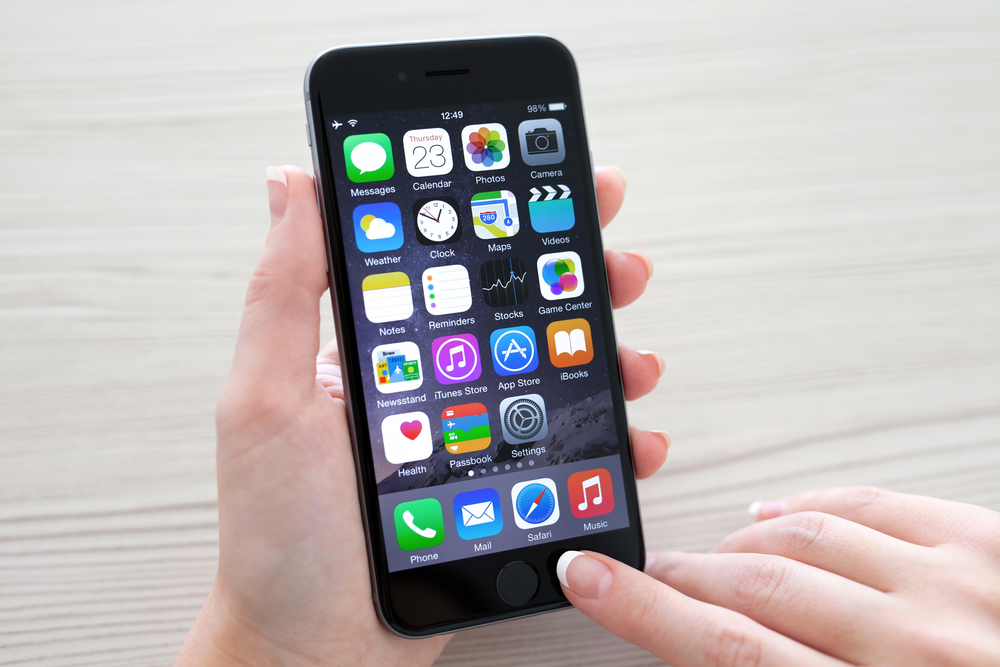
In today's digital age, mobile apps have taken the world by storm. With millions of mobile apps available on various platforms, it has become crucial for developers to master the art of app marketing in order to ensure their app reaches the right audience and stands out from the crowd. App marketing not only helps in increasing visibility and downloads but also plays a significant role in improving user engagement and retention. In this article, we will explore some essential tips and tricks to help you effectively promote your mobile Google Play or App Store app and achieve success in the competitive app market.
1. Define Your Target AudienceBefore diving into app marketing, it is important to define your target audience. Understanding who your app is built for will help you tailor your marketing strategies accordingly. Start by conducting thorough market research and analyzing your competitors to identify your target demographic. Consider factors such as age, gender, interests, and app usage patterns to develop a comprehensive user persona. This will enable you to create personalized and engaging marketing campaigns that resonate with your target audience.
2. Optimize Your App Store Listing
The app store is the first place where potential users discover your app. Therefore, optimizing your app store listing is essential to maximize visibility and enhance downloads. Start by choosing a compelling yet relevant app name and an attractive icon that represents your app's value proposition. Craft a well-written and keyword-rich app description, highlighting the key features and benefits that set your app apart. Leverage screenshots, videos, and app previews to showcase your app's user interface and functionality. In addition, pay attention to app store optimization (ASO) techniques to boost your app's ranking in search results.
3. Create a Compelling Website or Landing Page
While an app store listing is essential, having a dedicated website or landing page for your app adds credibility and serves as an important marketing asset. A website allows you to provide detailed information, showcase user testimonials, and integrate marketing tools such as blogs, newsletters, and social media. It also enables you to redirect potential users from various marketing channels to a central hub where they can learn more about your app and download it seamlessly. Optimize your website for search engines to attract organic traffic and incorporate call-to-action buttons to encourage conversions.
4. Leverage Social Media Marketing
Social media platforms provide an excellent opportunity to engage with your audience and generate buzz around your mobile app . Identify the platforms where your target audience is most active and create compelling profiles for your app. Regularly share engaging content such as informative posts, tutorials, user reviews, and promotional offers to keep your followers informed and engaged. Collaborate with influencers and run targeted ad campaigns to amplify your reach. Leveraging social media analytics will help you measure your performance, identify trends, and optimize your campaigns for maximum impact.
5. Implement App Store Advertising
App store advertising is a powerful marketing tool to reach a larger audience and gain a competitive edge. Platforms like Google Ads, Apple Search Ads, and Facebook Ads provide targeted advertising options that allow you to promote your mobile iOS or Android app directly within the app stores. By leveraging carefully chosen keywords and engaging ad creatives, you can increase your app's visibility, drive more downloads, and achieve a higher return on investment. Regularly monitor and optimize your campaigns based on user feedback and analytics to improve their effectiveness over time.
6. Engage with Your Users
User engagement is crucial for the success of your mobile App Store or Google Play app . Actively interact with your users, address their queries and concerns promptly, and encourage feedback through various channels such as in-app messaging, social media, and customer support. Implement push notifications to keep users informed about app updates, new features, and exclusive offers. Regularly analyze user behavior, measure key performance indicators (KPIs), and use the insights gained to optimize your app for better user retention and satisfaction.
Frequently Asked Questions:
Q1. How long does it take to see results from app marketing efforts?A1: App marketing results may vary depending on various factors such as your marketing strategies, target audience, app category, and competition. It is essential to be patient and continuously monitor and optimize your marketing campaigns. On average, it can take a few weeks to several months to see significant results.
Q2. What are some cost-effective app marketing strategies?
A2: While app marketing can involve a budget, there are cost-effective strategies available. Leveraging social media platforms, optimizing your app store listing, and utilizing organic search engine optimization (SEO) techniques for your website can be effective without requiring significant financial investment.
Q3. How important is app store optimization (ASO) for app marketing?
A3: App store optimization is crucial for app marketing as it helps improve your app's visibility and discoverability on app stores. By optimizing your app name, description, keywords, and other metadata, you can increase organic downloads and mobile Android or iOS app improve your app's chances of being found by potential users.
Q4. Should I invest in paid advertising for app marketing?
A4: Paid advertising can be a valuable tool for app marketing, as it allows you to target specific demographics and increase your app's visibility. However, it's important to carefully plan and optimize your ad campaigns to ensure a positive return on investment. Analyze your target audience and the platforms they frequent to make informed decisions about your advertising budget.
Q5. How can I measure the success of my app marketing efforts?
A5: To measure the success of your app marketing efforts, track key performance indicators (KPIs) such as app downloads, user engagement, retention rates, revenue generated, and customer feedback. Utilize analytics tools available on app stores, websites, and social media platforms to gain insights into user behavior, campaign performance, and optimize your strategies accordingly.
Other useful resources
- https://www.appguru24.com/ios-app-promotion/
- https://www.appguru24.com/apps/
- https://en.wikipedia.org/wiki/App_store
- https://www.appguru24.com/promote-app/